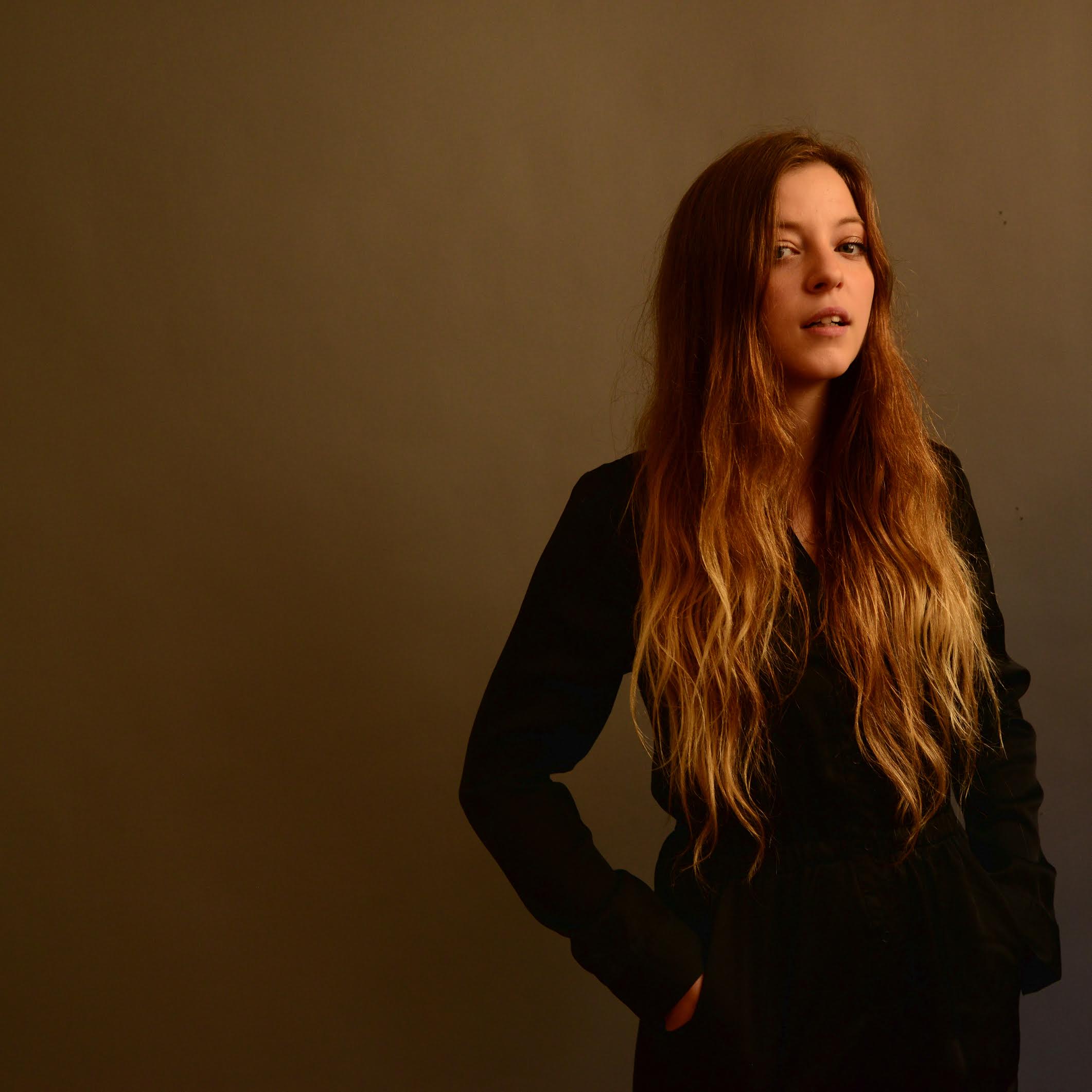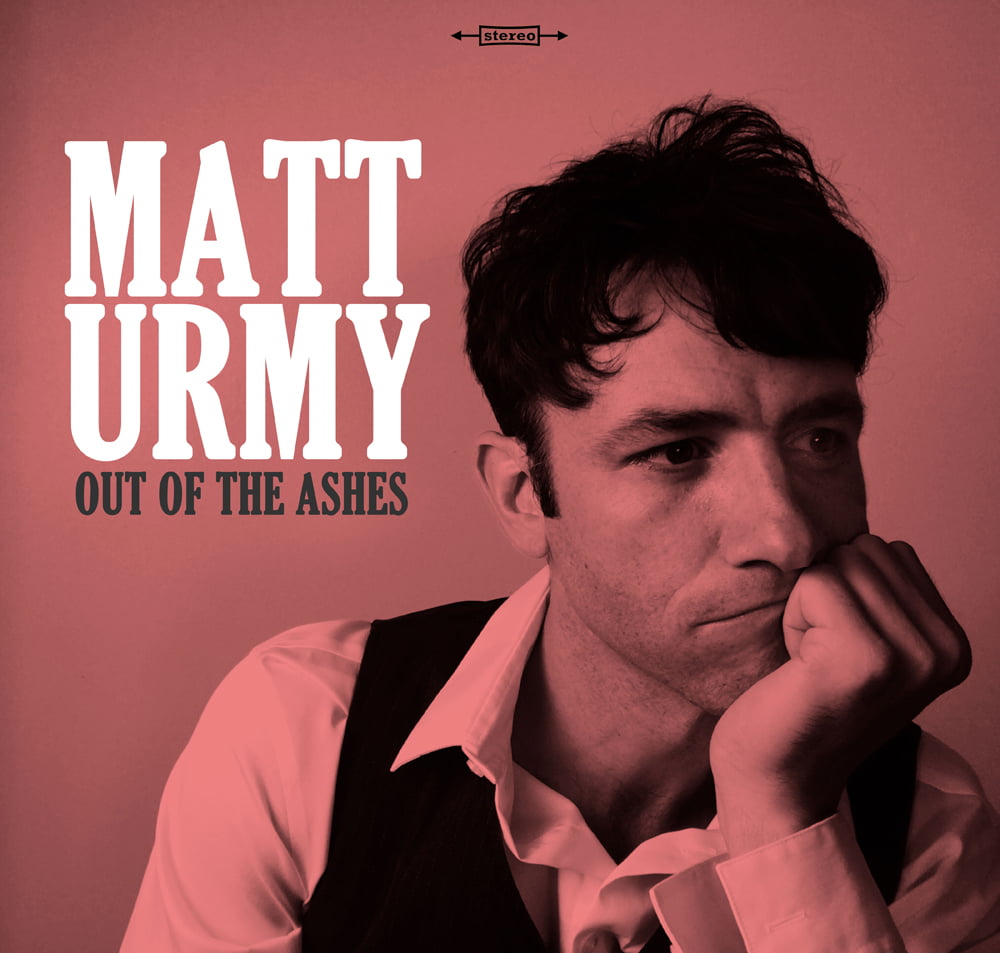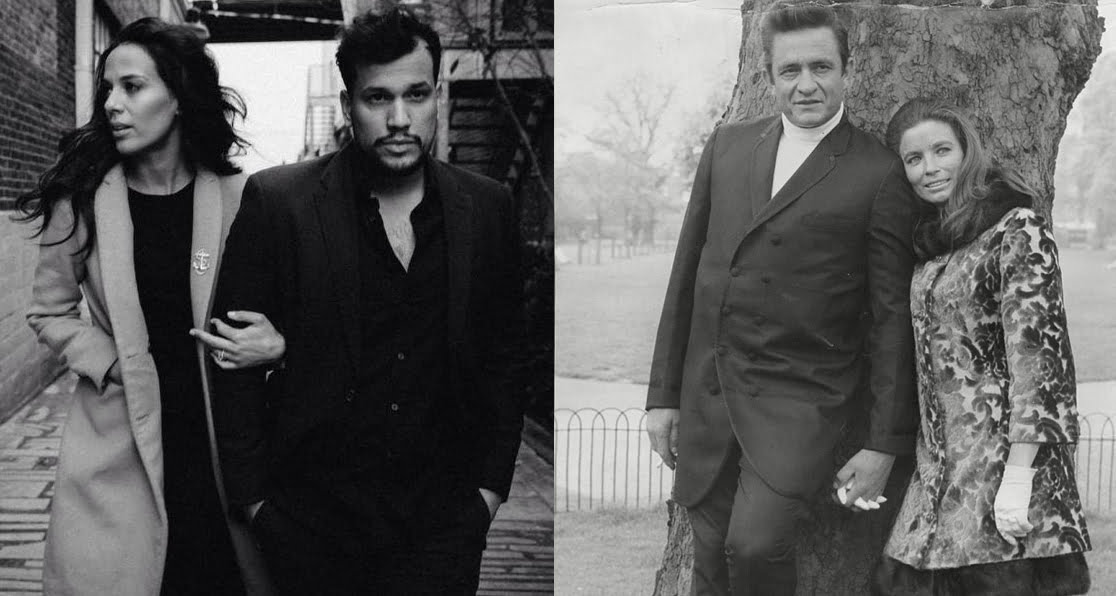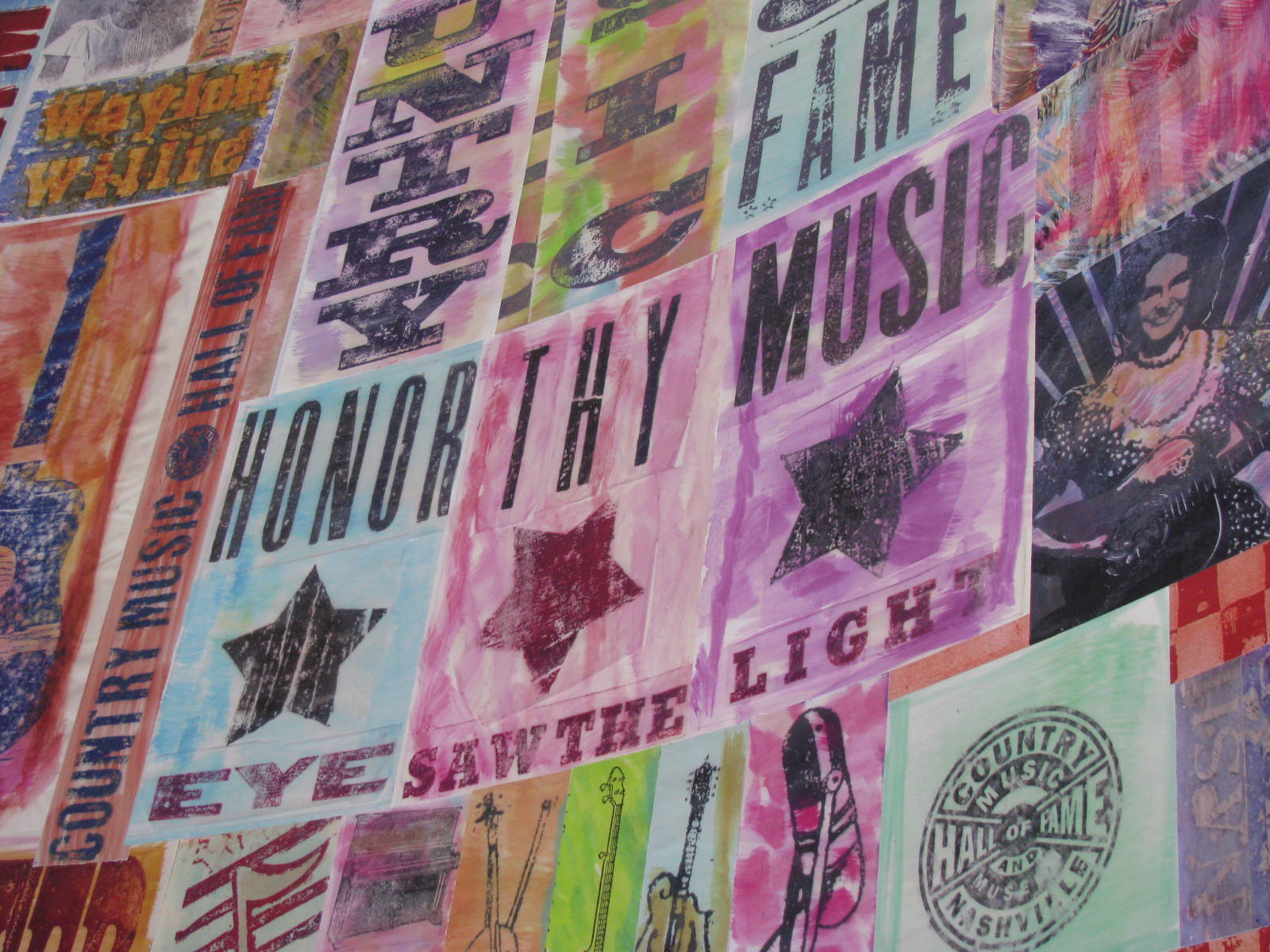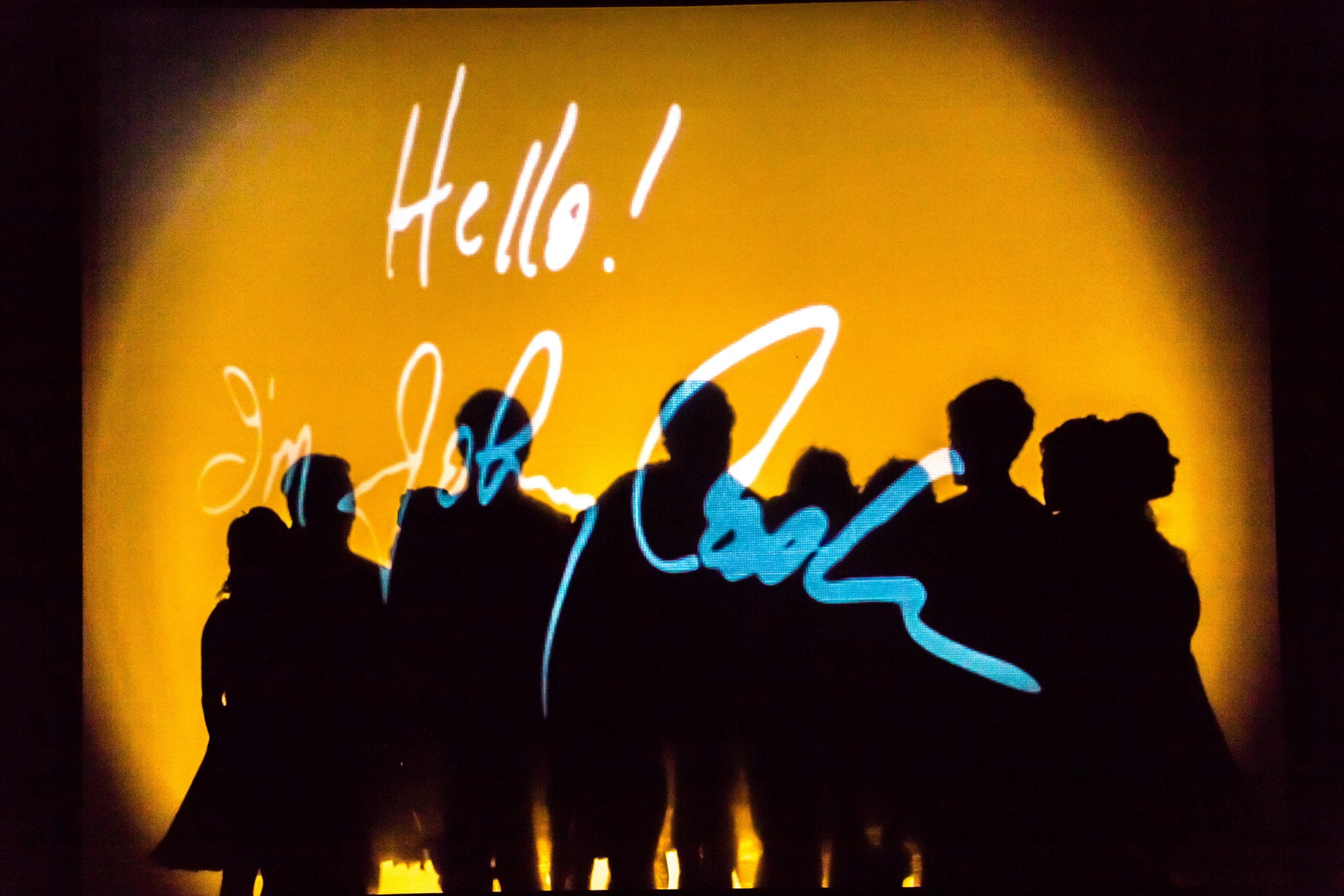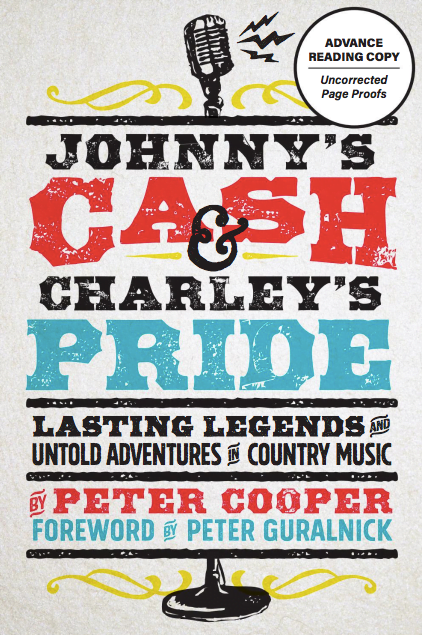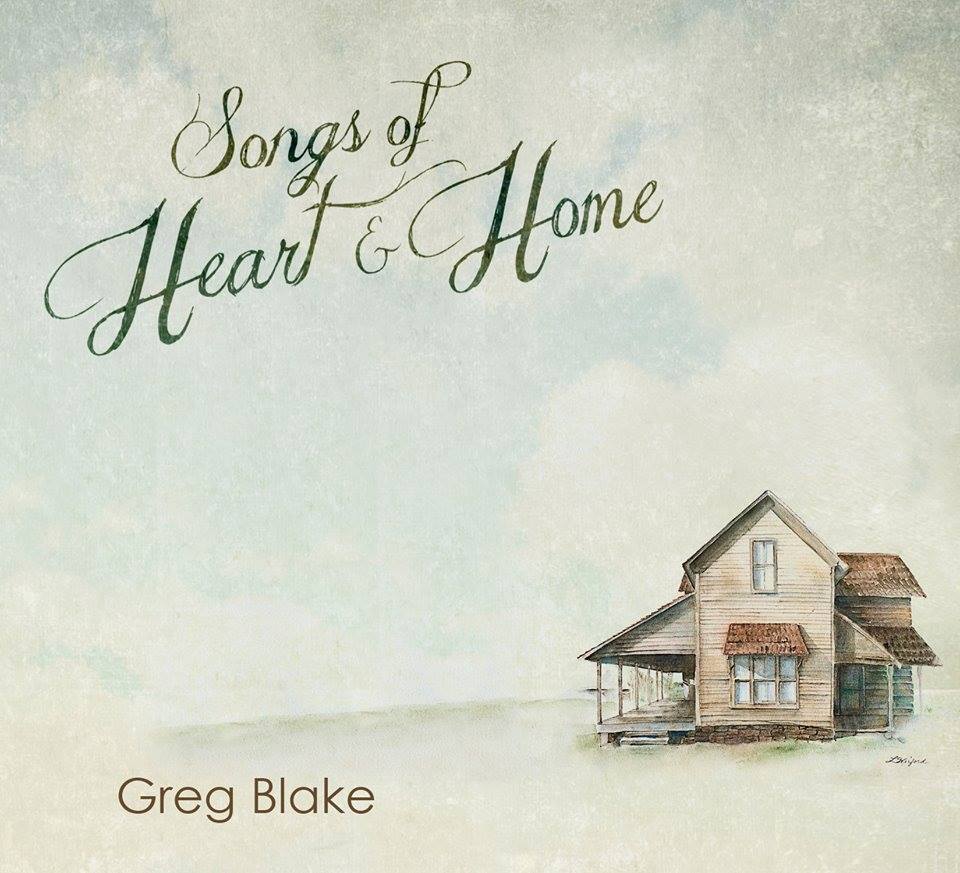For those who appreciate a good movie about music, the name Beth Harrington stands at the top of many lists of excellent filmmakers. The Boston native’s 2003 documentary, Welcome to the Club: The Women of Rockabilly, was nominated for a Grammy Award and applauded at numerous film festivals around the world. The last dozen or more years have been dedicated to completing her latest film, The Winding Stream: The Carters, the Cashes, and the Course of Country Music. Now living in Vancouver, WA, the one-time member of Jonathan Richman and the Modern Lovers talks about how her passion project is progressing.
So, how long has been since we've had coffee? Two years?
I bet it's been more than that. I don't think I had any hope of finishing the film the last time I talked to you.
Really?
Well, I didn't think there was any real clear-cut path to the end. There was so much money to raise. I had enough money to make a film, but if I finished it and didn't have the music licensed and the archival footage licensed and the photos licensed, I couldn't show it to anyone.
It's been a long and arduos road, it sounds.
Yeah, it has.
The soundtrack has an interesting mix of music, both old and new. Were the new songs commissioned for the film?
Some of them were. While we were making the film, there was an album being recorded that was a tribute album to the Carter family. So we filmed some of that. And we were allowed to use the stuff we filmed. So when we made the soundtrack album, that stuff got released again.
Which ones specifically?
The John Prine one (“Bear Creek Blues”).
… which is one of the ones I like.
Absolutely, I love that one. The George Jones one (“Worried Man Blues”), the Sheryl Crow song — which is in the film but not on the CD. Rosanne [Cash] did the title track.
So, the challenge you were facing from the music licensing standpoint had to do with the original Carter Family material?
Yeah. [The CD] just scratches the surface of what we used in the film. We had lots and lots of Carter Family songs — 30 or more tracks that were mostly original recordings, or radio recordings, from when the Carters were on Border Radio. That stuff largely belonged to Sony, so Sony had to be paid.
Gotcha. They weren't up to negotiating, were they? [Laughs]
We're glad that they let us license the music … let's put it that way. [Laughs]
That's terribly cynical of me. We'll just make sure that, in the interview, that comment is clearly attributed to me and not to you. [Laughs] There’s one tune on the CD with an introduction of the family and then there’s a little snippet … they only sang a few bars.
That’s their theme song, that’s why. “Keep on the Sunny Side” was their theme song, so they sang it on every show. And then they went into another song.
You know what I found striking? I’ve heard the Carter Family’s song countless times, as we all have. Maybe not these exact recordings, but we’ve all heard them to some degree. What was most striking to me is how youthful they sound in these songs.
I never thought about it that way! It’s funny, because I always think of Sara as having this very gothic sound. Even as a young woman, she was very authoritative sounding. It was really a strong voice. To me, that’s an older person’s authority. But even then, she was probably only in her 30s. I think they were kind of youthful. And Maybelle was younger than them, so she was energetic and inventive, and she found all these new things to play. That’s fresh and youthful sounding, I think.
It becomes even more interesting when you have what sounds fresh and youthful in its delivery but sounds old from a stylistic and technological standpoint. What inspired you to do this film?
I had made another music documentary called Welcome to the Club: The Women of Rockabilly and, in making that film, I had met a whole bunch of women who were contemporaries of Elvis Presley.
Like Wanda [Jackson].
Wanda, Janice Martin, the Collins Kids, Brenda Lee, a bunch of others who didn’t make the cut but are mentioned in the film. A lot of them talked about what they grew up with and, of course, a lot of them grew up with the Carter Family. The ones who were in the film toured with Johnny Cash and Maybelle and the sisters. There were very strong connections there. Plus, Rosanne Cash narrated that film, so the whole time I was working on it, I was connecting these dots in my head. I knew who the Carters were. I knew Johnny Cash, of course. I was growing up when the Nitty Gritty Dirt Band album came out with Maybelle and Doc Watson and all those people on it.
I don’t know that there are many people who fully grasp what the relationships were between all these names. Everyone knows the name June Carter Cash — if you know Johnny Cash you know that name — but I don’t think people fully appreciate who she is and where comes from and what that’s connected to … unless you’re deeply into roots music, like BGS readers are. But a lot of people don’t know. I thought it might be useful to connect those dots for people and tell that story because it’s a big saga and a really interesting family. They influenced people, not just in country music, but in folk music and country-rock or whatever you want to call it in the '70s. And they still continue to influence people in Americana today.
I thought it would be cool to do that. I never imagined it would take as long as it took, but I certainly thought it would be interesting to people. The cool thing is, one of the best compliments I get for the film is when people say, "I don’t even like this kind of music and I like your film."
Nice.
So I think, "Cool, my work here is done." Because I just want people to know there’s this underpinning in American music. It’s a thread of the bigger fabric of American music that I think people should know. As was said in the film, "People should know who they are like they know who the first president of the United States was." Maybe a slight overstatement, but I think there’s something to that.
Well, it’s a statement from someone who’s in the front row, the front pew. There’s no need to preach to him. He’s basically standing up and turning around to the rest of the church and saying, "Listen, they’re up here." So I totally get that. How long has it taken up to this point?
Twelve years.
Twelve years!
Well, we’re into the distribution part now, so I’ll have been working on this for probably about 14 years by the time I finish. I never expected it would take this much of my life.
That’s a lot of patience.
It’s a lot of something. I don’t know. [Laughs] Stubbornness, maybe. I don’t know if it’s patience. It’s definitely stubbornness.
So tell me briefly: Where am I going so see it and how’s it being distributed?
It’s being distributed all over the country right now. If people go to Argot Pictures, there’s a huge list of places it’s showing. It opened in L.A. last week. It’s going to be playing in New York in December for a week. It will be in Boston, at some point. It’s booked in over 40 places right now.
Is there hope for distribution via a streaming service of some kind?
Yes, we have a deal for that, but we have to wait until the theatrical release runs its course.
So, while you’ve been doing this for the past 14 years, what’s been in the back of your head to do next?
Honestly, this was so trying that I thought some days this might be the last film I do. The landscape of documentary filmmaking is so difficult right now … especially if you’re doing a music documentary.
Because of licensing.
Half of my budget was licensing. I could have made two films for the price of this one film. And, whereas I’m happy to pay musicians, I’m less interested in all the other business parts of it. I’m one little person who lives in Vancouver, WA, making a film. I’m not Steven Spielberg.
I think that when people hear that you’re making a documentary with Johnny Cash in it, somehow they think that you’re rolling in the dough. That’s just not the reality. So, I haven’t made plans to do anything yet. I have thoughts.
Oh, do tell! We’re not going to hold you to it. But if it’s in print on the Internet …
I know! This is the problem. You’re going to dog me no matter what I do. [Laughs] I think there are other music docs I’d like to do. I think there are some great stories out there. There are certainly stories from my own life that have to do with bands that I was in.
Like Jonathan Richman …
I would have to explore it with Jonathan, and he may or may not be interested. But I think it’s a really great story about the pre-punk era, with some great people in it — including people who launched some of the new-wave and punk stuff. Jerry Harrison from the Talking Heads, David Robinson from the Cars … these are people who were in the original Modern Lovers. That was a very influential band even though it’s not very well-known. I think there are a lot of cool stories there.
It’s really about the story, right?
It’s gotta be about the story. I’ve seen lots of music documentaries where I think, "Well, that’s great footage … but is there a story?" So, I think about that. There are some other things I’d love to do. I might do something narrative with music in it because I need, like, a mental palate cleanser after doing documentaries. Being a journalist — as you know — being accurate and being faithful to the facts, which I strive to be, is very difficult when you’re trying to make something that’s entertaining. That’s why most biopics that you see have no relationship at all to reality! [Laughs]
Exactly! [Laughs] Right, because reality is boring, and we need a story!
Of course!
He didn’t have a mistress, but we put one in just to make it more interesting!
I think that some of that stuff seems really liberating. Like, you could just make something fictitious and fun.
Semi-fictitious? Or completely fictitious?
Well, completely fictitious. If I was going to do it, I would make it completely fictitious. But then you’re right back into the rights issues and the image and likeness of the person. I just think it would be fun to do a music film with musicians that reflected the life of a musicians but wasn’t steeped in the particulars of one musician. I’ve certainly got a lot of content, from doing all the research I did for this film. It goes back to the 1920s and all the way up to the present. I’ve had a lot of time to think about that trajectory and the many influences that this one family had. I think there’s some spin-off of that that might be interesting as a fictional piece.
In the back of my mind, I’m thinking Spinal Tap Goes Americana! [Laughs]
[Laughs] Totally, totally. Spinal Tap and The Godfather — still my two favorite films of all time.

